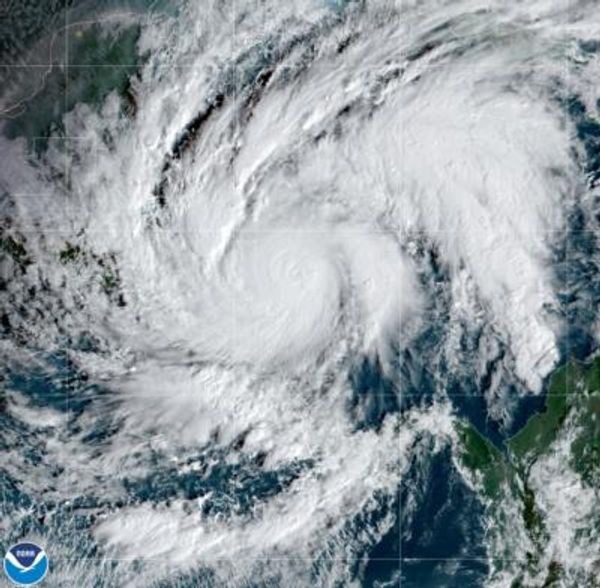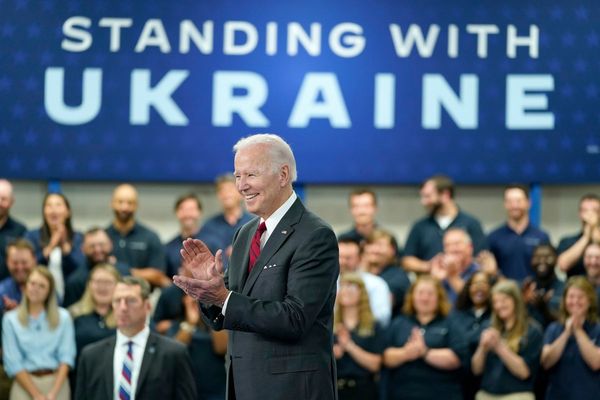
Australia’s coal and offshore gas industry is now front and centre of climate policy after the election result.
There’s consensus across Labor, the Greens and the teal independents for a higher 2030 emissions target — albeit with Labor’s 43% target (which aligns with global warming of two degrees) at the bottom of the range of expectations. There will also be support for Labor’s planned investment in renewables and transmission infrastructure, and its plans to scale up support for electric vehicles.
There’ll be some argument about the target, but you can see some sort of broad agreement around a more ambitious 2035 target and plans to accelerate the east coast network’s renewables and storage capacity and electrify transport.
Australia’s gas and coal exports, however, offer little hope for agreement. They don’t count towards Australia’s emissions, but they are massive contributions to the climate crisis. Plans to expand the offshore gas industry — such as Woodside’s Scarborough project off Western Australia and Santos’ intensely polluting Barossa project off the Northern Territory — will be a fundamental divide between Labor and the Greens.
The Greens have made it clear that they oppose the expansion of offshore gas, something that Labor — a recipient of generous donations from Santos, Woodside and climate denialist unions like the mining division of the CFMEU and the AWU — has indicated it will support. The position of the teals — who all support a much higher 2030 target of at least 60% — on offshore gas is less clear, but the simple maths is that expanding Australia’s already world-leading gas exports further is simply exporting the climate emergency.
The problem that proponents of the gas industry have is that at the moment it is delivering precisely zero benefit to Australia. It pays no Commonwealth taxes or petroleum rent resource tax despite making tens of billions of dollars in revenue a year and enjoying a historic energy price surge brought about by Russia’s assault on Ukraine. The only benefits flow to the shareholders of Chevron and Shell overseas, and Woodside and Santos here.
What precisely would Labor be defending if it refuses to take action to stop the expansion of offshore gas? The right of foreign shareholders to exploit Australian resources without paying for the privilege? What benefits would it be guaranteeing? Even under the adjusted PRRT uplift rules it will be decades before fields like Scarborough or Barossa provide tax revenue. As the Shell example demonstrates, maybe they will never produce revenue — Shell boasted it would never pay tax on its share of the Gorgon project (a project that was announced, to great delight, by the Rudd government).
That leaves Labor with an invidious choice: if it will not prevent the expansion of the offshore gas industry and start to phase it out, either it must defend the right of large companies to exploit Australia’s natural resources without effective taxation, or alter the tax arrangements to give Australians some benefit.
The Tory government of Boris Johnson in the UK is currently drawing up plans to impose a windfall tax on UK energy producers — including power generators — in response to the impact on household prices of soaring energy costs. The resources sector wields far less political power in the UK than here, and it has been less effective at capturing either major political party.
A windfall tax wouldn’t address the core problem that each gas field is a carbon bomb gleefully being detonated by giant companies at a time when serious impacts of the climate emergency are being felt across the world. But allowing the industry to continue when it provides no benefits to Australia seems a particularly untenable position for a party promising stronger action on climate change.







